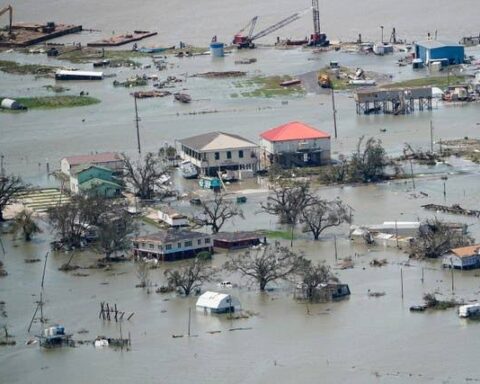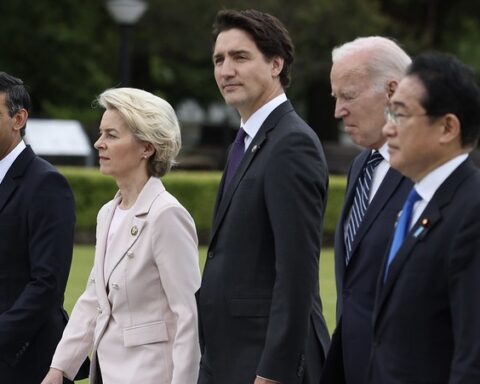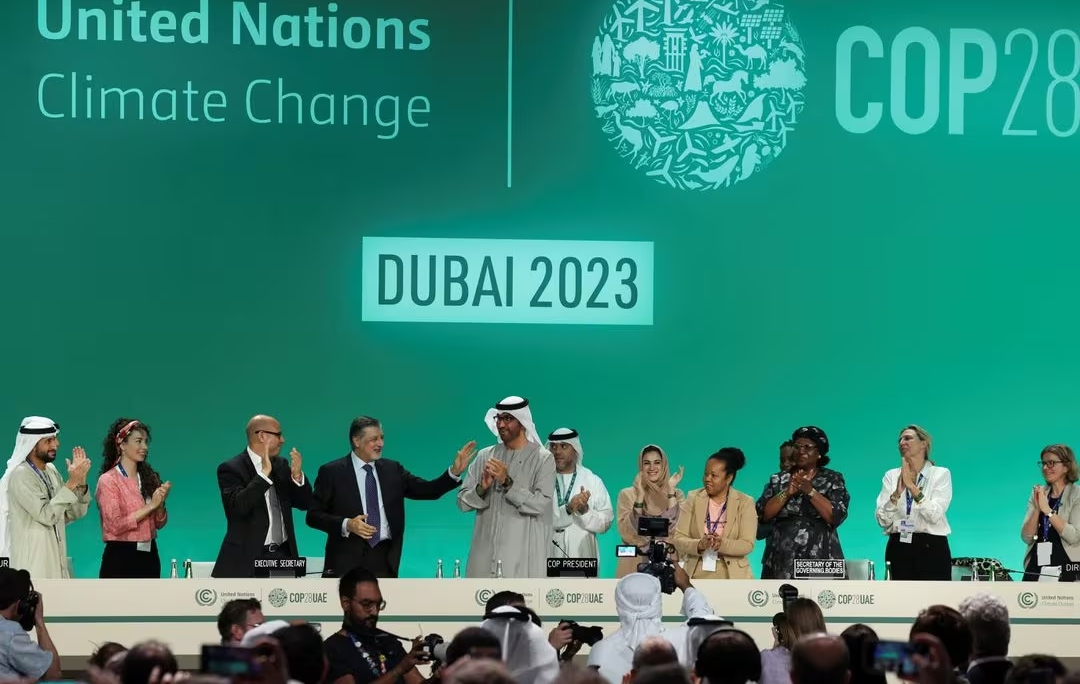The African Group of negotiators is pressing for decisive and tangible actions to address the critical issues of climate adaptation, loss and damage, and finance, in the collective pursuit of a sustainable and equitable future for all.
Specifically, the African Group has placed significant importance on establishing a robust Framework for the Global Goal on Adaptation, recognizing it as the most crucial outcome for Africa at COP28.
They stress the necessity of creating both qualitative and quantitative science-based targets, which are measurable and time-bound, to help fulfill the objective of the adaptation goal.
They are also intensifying their call for substantive outcomes at the 28th Conference of the Parties (COP28) as they underscore the importance of enhanced climate adaptation and support for vulnerable countries amidst the challenges of climate change.
African negotiators have been placing a strong emphasis on several crucial areas in the ongoing discussions at COP28 in Dubai in the penultimate day.
They must convey the pressing need for concrete commitments and measures to address the widening gap in adaptation funding and the escalating consequences of climate change.
In highlighting the need for substantial financial resources to confront loss and damage, the African Group is calling for increased resources to effectively realize the intended purpose of the Loss and Damage Fund.
They have also commended the operationalization of the Loss and Damage Fund and the adoption of the decision regarding the operationalization of the Santiago Network on Loss and Damage.
Furthermore, the African Group has underscored the critical requirement for escalated levels of new and additional finance for climate action, emphasizing that African countries need access to dependable and concessional finance.
They have pointed out the inadequate delivery of public climate finance, with developed countries falling short of meeting the $100 billion per year mobilization goal by 2020.
Additionally, the goal of doubling adaptation finance from 2019 levels by 2025 has been described as existing only on paper, with reports indicating insufficient and substandard public climate finance flows.
The African Group has emphasized the significance of the Global Stocktake (GST) outcome aligning with the principles of the UNFCCC and the Paris Agreement, particularly considering common but differentiated responsibilities and respective capabilities in light of different national circumstances.
They have stressed the necessity for the GST outcome to explicitly recognize Africa’s specific concerns and needs as it relates to climate action.
By Dare Akogun








